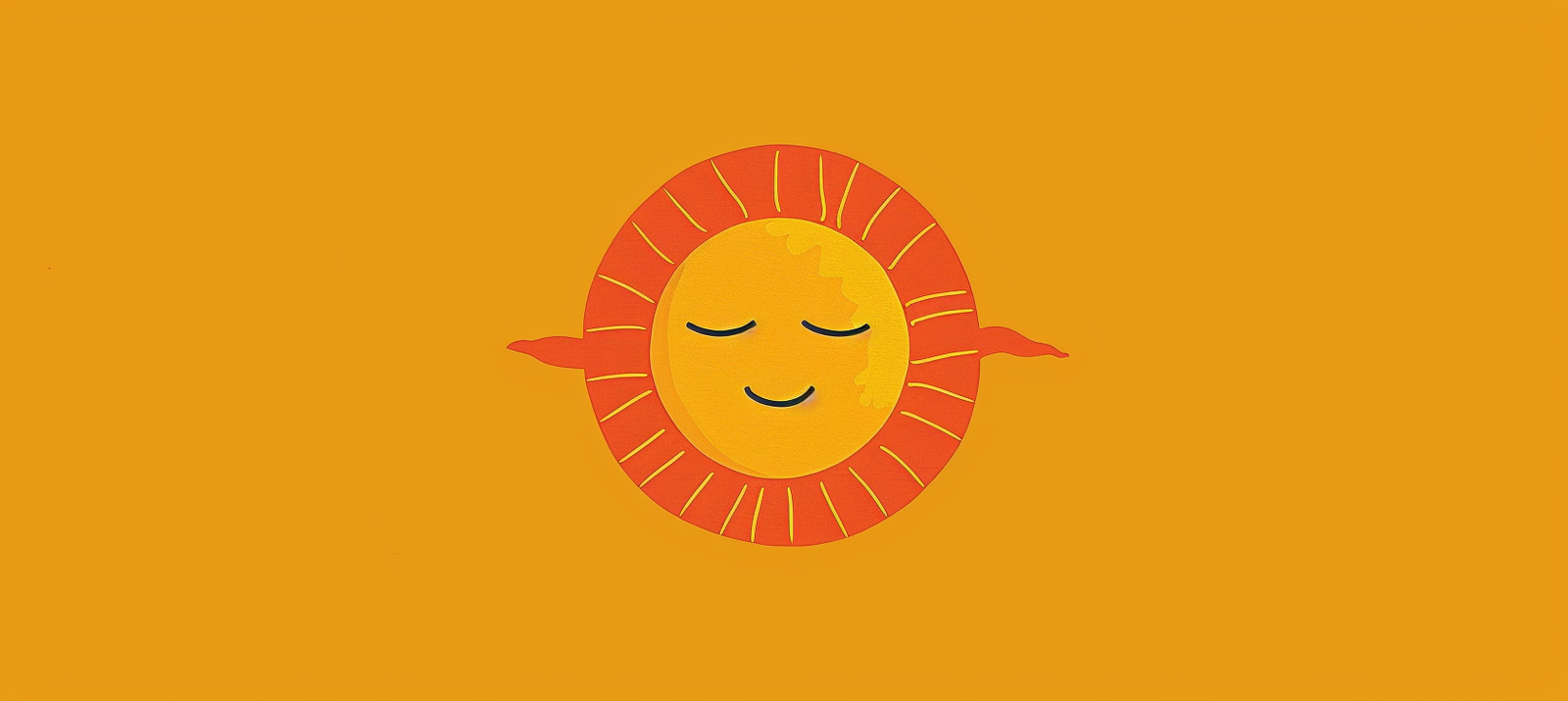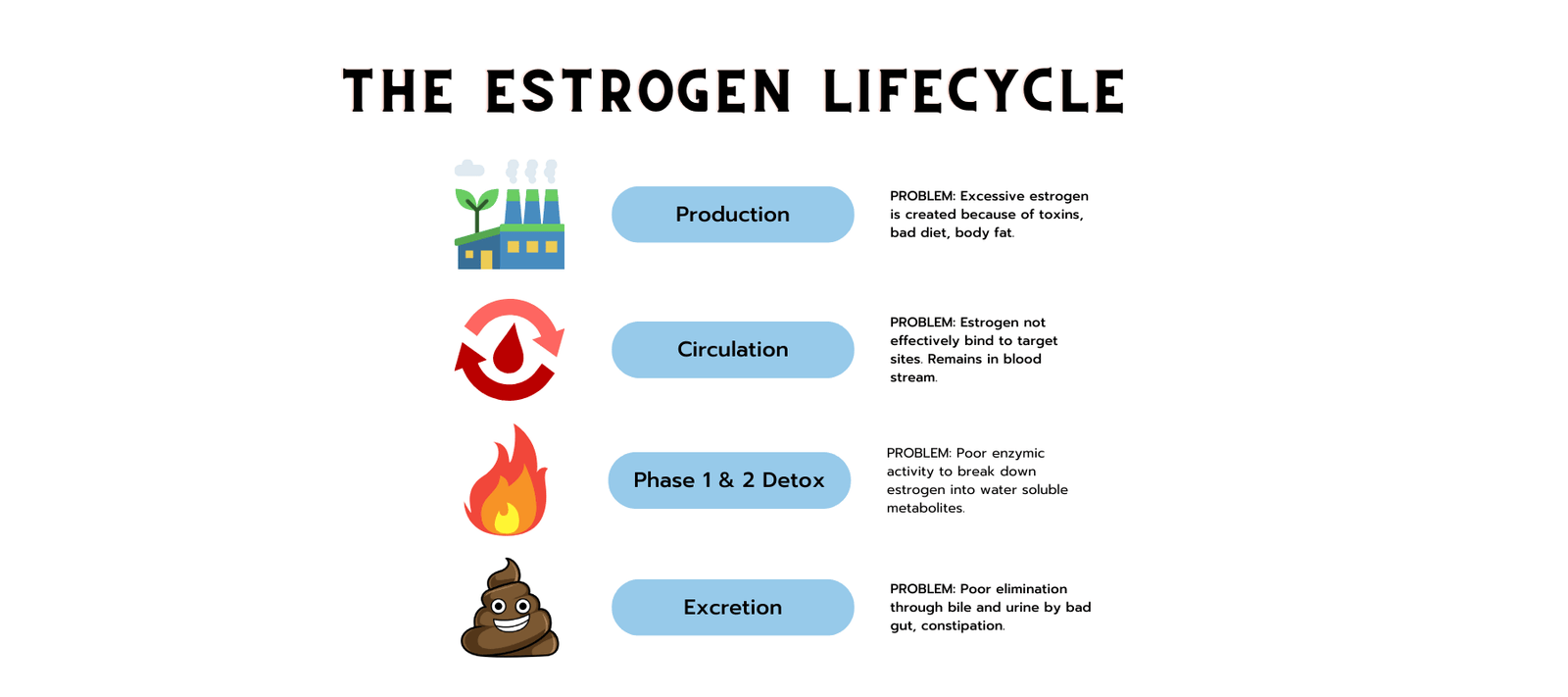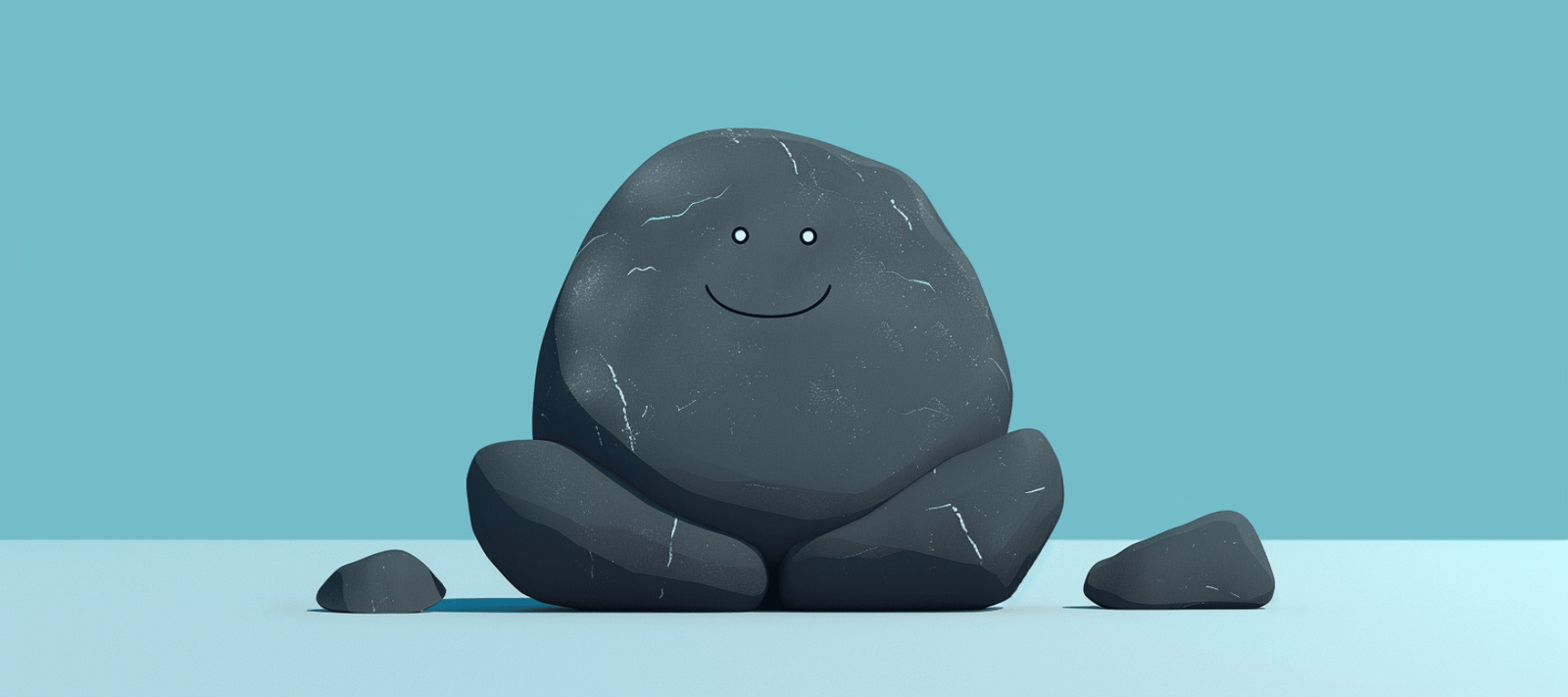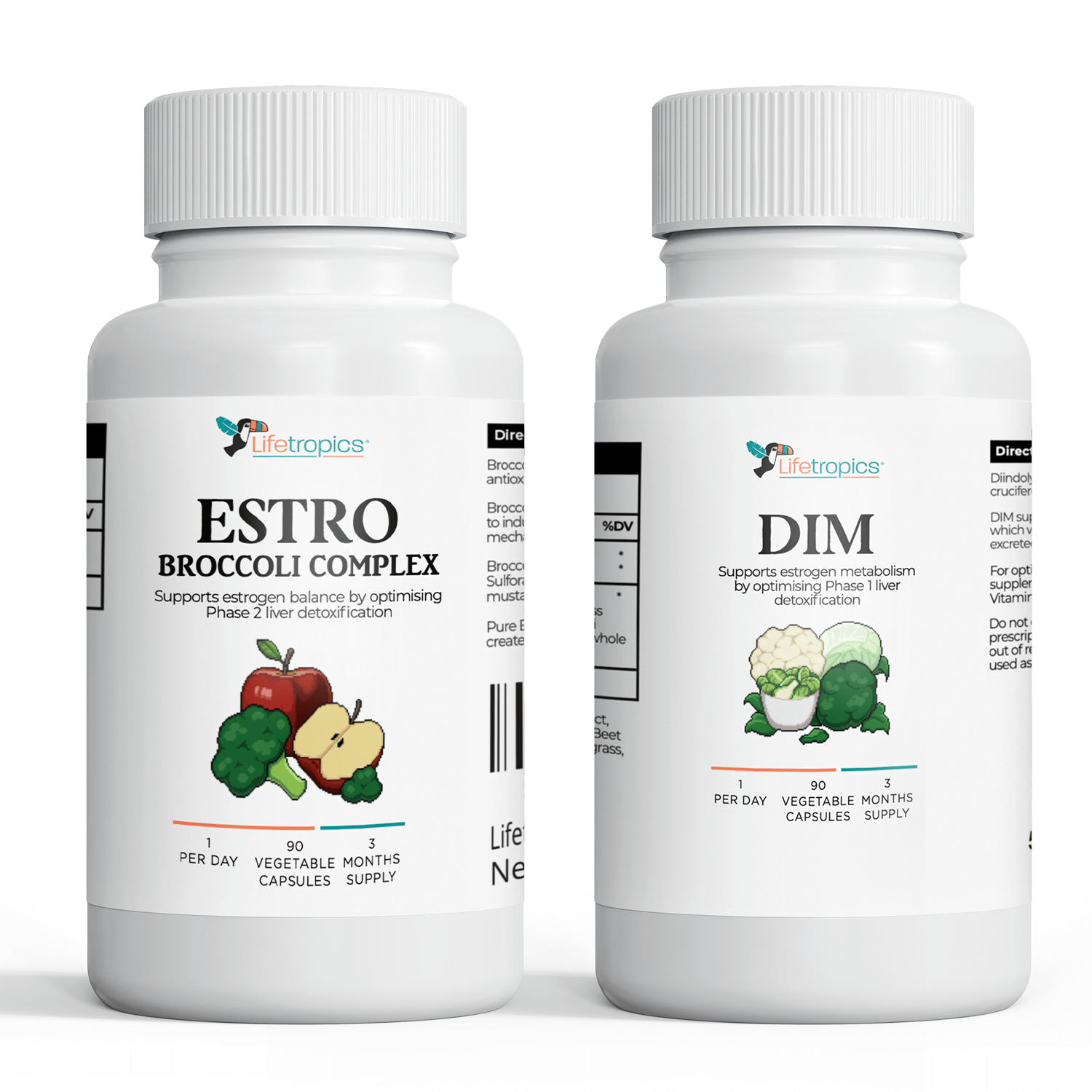CDP Choline (Citicoline), like Alpha GPC, is a popular Choline supplement - typically taken on a regular basis for its long-term brain development and memory benefits. In this ultimate guide, we're going to read studies, discover stacking ideas, and learn how much of it to take.
Table of Contents:
- Quick overview of CDP Choline (Citicoline)
- What is CDP Choline
- Studies on Brain Development
- Studies on Memory and Learning
- Studies on Motivation and Productivity
- How to take CDP Choline (Step-by-Step)
- Should you choose CDP Choline or Alpha GPC?
- What stacks well with CDP Choline?
Quick overview of CDP Choline (Citicoline):
- Benefits: Memory
- Actions: Creates the learning neurotransmitter Acetylcholine and Builds and repairs neurons (brain-cells)
- Who is it good for? Iowa State University stated that 80% of people are "Choline deficient". For people under the recommended daily allowance, taking a Choline supplement can benefit their brain-connectivity. People taking Racetams should also take a Choline supplement.
- Quality of studies: Robust human and animal trials with positive results. Over 35,000 publications of Pubmed. The US government endorsed Choline as an "essential nutrient" in 1998.
- Time to effect: Long-term beneficial effects on brain development and memory which might not be immediately noticed.
- Stacks with: Uridine Monophosphate and/or DHA (found in omega-3 capsules) for enhanced Acetylcholine release and brain-cell repair.
- Don't stack with: Other Choline supplements like Alpha GPC as extremely high levels of Acetylcholine can cause nausea.
- Recommended dose: 500mg CDP Choline per day. (More information on this below)
What is CDP Choline?
CDP Choline is a popular Choline supplement typically taken on a regular basis for its long-term brain development and memory benefits.
Once ingested, the CDP Choline metabolizes into the Choline B-Vitamin, which is integral to brain-cell connectivity.
Choline creates Phosphatidylcholine, which is used to create the wrappers of our brain-cell membranes. Choline also creates Acetylcholine, our brain's primary neurotransmitter. Neurotransmitters send information from brain-cell to brain-cell around our neural network.
"Choline is essential for neurodevelopment and brain function." (University of Oxford - 1)
Studies on Brain Development
CDP Choline contains Choline, which is a naturally occurring B-vitamin that provides the “raw materials” used in 2 nutrition-dependent brain-processes:
1. Choline is used in the creation of the Acetylcholine neurotransmitter, used for communication between neurons (brain cells). (University of North Carolina – 2)
2. Choline is used to build and repair the outer layer of neurons called their cell membranes.
3. Without regular Choline intake, these processes are slowed down. It is widely acknowledged that “Choline is essential for neurodevelopment and brain function.” (University of Oxford – 1)
4. CDP Choline also breaks down into Uridine in the blood-stream, which is a naturally occurring compound found in tomatoes and broccoli. Uridine has been studied to “amplify” Acetylcholine release and repair neurons (Massachusetts Institute of Technology – 3)
Studies on memory and learning
The Acetylcholine neurotransmitter produced by Choline plays a significant role in communicating information to the memory region of the brain (the hippocampus).
1. 1,371 healthy men and women saw improvements in verbal and visual memory. (Boston University School of Medicine – 4)
2. Improved immediate memory-recall among healthy men aged 18-39. (University of Milan – 5)
3. Higher concentrations of Choline are associated with greater executive function, global cognition, sensory motor speed and perceptual speed. (University of Oslo - 6)
4. A summary of 13 placebo-controlled clinical trials with 4,000 human volunteers found 3 months of Choline supplementation improved memory task performance by an average of 15.6%. (University of Perugia – 7)
Studies on Motivation & Productivity
Because Choline promotes overall brain connectivity and encourages the release of the motivation neurotransmitter dopamine, studies have also shown it to increase levels of focus.
1. Improved attention among healthy young women. (University of Utah
2. Improved mental energy by as much as 14%. (McClean Hospital & Harvard Medical School – 9)
3. Increases dopamine release, the motivation neurotransmitter. (Trabucchi M.)
4. Increases the sensitivity of the dopamine receptors. (University of Barcelona – 11
5. Brain scans showed that people with higher dopamine levels tend to be “go-getters” and work harder. People with lower dopamine levels tend to be “slackers”. (Vanderbilt University – 12)
CDP Choline also breaks down into Uridine, which has been studied to enhance focus and concentration by encouraging the release of the "motivation-to-work" neurotransmitter Dopamine.
6. Dietary uridine-5′-monophosphate supplementation increases potassium-evoked dopamine release and promotes neurite outgrowth in aged rats (Massachusetts Institute of Technology – 13)
7. Chronic uridine modulates the stimulant-induced release of dopamine (Rutgers University – 14)
8. “Uridine supplementation appears to enhance dopamine output from activated neurons without significantly affecting basal levels of dopamine.” (Massachusetts Institute of Technology – 15)
How to take CDP Choline (Step-by-Step)
For most people, taking 500mg of CDP Choline every day will provide them with the right amount of Choline for optimal brain-development and memory function.
The finer details and scientific reasoning behind this:
1. The Recommended daily Choline intake: The Linus Pauling Institute and the US institute of Medicine recommend that only a daily basis, men should get 550mg and women get 425mg of Choline
2. Calculate your current Choline intake: Roughly work out your daily Choline intake from your diet using these official guidelines. Most people get around 200mg - 300mg per day. PS: If you are way below 550mg/425mg – you’re in a position to make some great cognitive gains right here.
3. Understand how much Choline CDP Choline actually gives you: CDP Choline is 18.5% Choine by weight, which means that each 250mg CDP Choline tablet would give you 46 mg of Choline and 1 gram of CDP Choline powder would give you 185mg of Choline.
4. CDP Choline lasts in the body for 3 days: Taking CDP Choline requires a bit of forward thinking because it has a half-life of 3 days. If you took 250mg CDP Choline today, you would get 46mg of Choline. But if you continued to take once per day for a total of 3 days, your body would have an extra 138mg of Choline (46 x 3 = 138).
5. Take your CDP Choline: Take however much CDP Choline you need to get the recommended Choline intake after 3 days, and maintain that dose to keep it at that level. If you wanted an extra 300mg of Choline, you could take 500mg of CDP Choline per day. After 3 days, you would have an extra 276mg of Choline.
6. Find your optimal dosage: Some people have seen better results from exceeding the “official” recommended dose. According to Dr. Steven Zeisel, 10% of men would be better served by getting 850mg/day of Choline. All of our bodies break down Choline at different rates, so some people may need more.
7. Knowing your limit: If you produce too much Acetylcholine from too much Choline intake, you will get a headache or experience brain-fog. This won’t last long, but it’s a good indication of what your “limit” is.
Should you choose CDP Choline or Alpha GPC?
Alpha GPC is also a favourite for Choline supplementation. Essentially, it serves the same purpose as Alpha GPC, since it is also a Choline supplement. It’s best to choose either one or the other, because too much Acetylcholine can cause nausea and “brain fog”.
1. Alpha GPC contains more Choline versus CDP Choline: Alpha GPC is 40% Choline by weight, whereas CDP Choline is 18.5% Choline by weight. 250mg of Alpha GPC would provide 100mg of Choline. 250mg of CDP Cholline would provide 46mg of Choline. For strictly Choline supplementation, Alpha GPC tends to be the more popular choice.
2. Alpha GPC has a shorter half-life versus CDP Choline: Alpha GPC lasts 4-6 hours in the body, whereas CDP Choline lasts 60-70 hours (roughly 3 days). As a result, Choline accumulates in the system.
3. CDP Choline also breaks down into Uridine: This is the reason why Citicoline is only 18.5% Choline by weight. It’s essentially a 2-in-1 supplement. Uridine is a powerful nootropic on its own, with motivation and brain development benefits that synergise well with Choline. But…You could always just buy Uridine and stack it with Alpha GPC.
In the end, it’s usually down to personal preference and trying both to see which one works best for you. Alpha GPC and CDP Choline are both fantastic Choline supplements with numerous studies behind them.
Regardless of which one you decide to take on a regular basis, the research suggests that your brain-development, memory, and overall cognition will see great benefits.
A study which tested people with both Alpha GPC and CDP Choline found both to work well at improving cognition, but concluded that "Alpha-GPC possessed a statistical higher efficacy and an overall more satisfactory activity."
What stacks well with CDP Choline?
1. Uridine Monophosphate – Choline synergizes with Uridine to improve the production of neuron cell membranes and improve attention spans (Numico Research B.V - 17).
2. Caffeine – Caffeine "significantly" increases Acetylcholine production. It does this by improving our ability to absorb Choline. (Massachusetts Institute of Technology - 18)
3. DHA (found in Omega-3) – DHA works in synergy with Choline and Uridine to produce Phosphatidylcholine. MIT researchers found the trio of supplements to boost its production by by 45%. (Massachusetts Institute of Technology – 19)
References:
1. University of Oxford - https://www.ncbi.nlm.nih.gov/pubmed/22717142
2. University of North Carolina – https://www.ncbi.nlm.nih.gov/pmc/articles/PMC2782876/
3. Massachusetts Institute of Technology - https://www.ncbi.nlm.nih.gov/pmc/articles/PMC1852434/
4. Boston University School of Medicine - http://ajcn.nutrition.org/content/94/6/1584.abstract?sid=3af7108c-0055-49f4-9dfb-52bd432c1dfd
5. University of Milan - https://www.ncbi.nlm.nih.gov/pubmed/2071257?ordinalpos=1&itool=EntrezSystem2.PEntrez.Pubmed.Pubmed_ResultsPanel.Pubmed_RVDocSum
6. University of Oslo – https://www.ncbi.nlm.nih.gov/pubmed/22717142
7. University of Perugia - https://www.ncbi.nlm.nih.gov/pubmed/11589921
8. University of Utah - http://www.scirp.org/journal/PaperInformation.aspx?PaperID=19921#.VZrQM_lViko
9. Harvard Medical School - https://www.ncbi.nlm.nih.gov/pubmed/18816480
10. Trabucchi M. - https://www.ncbi.nlm.nih.gov/pubmed/3709792
11. University of Barcelona – https://www.ncbi.nlm.nih.gov/pmc/articles/PMC1908237/?tool=pmcentrez
12. Vanderbilt University - https://news.vanderbilt.edu/2012/05/01/dopamine-impacts-your-willingness-to-work/
13. Massachusetts Institute of Technology – http://cat.inist.fr/?aModele=afficheN&cpsidt=17035532
14. Rutgers University - https://www.ncbi.nlm.nih.gov/pubmed/8372096
15. Massachusetts Institute of Technology - https://www.ncbi.nlm.nih.gov/pubmed/16055952
16. University of Messina - https://www.ncbi.nlm.nih.gov/pubmed/1916007
17. Numico Research B.V - https://www.ncbi.nlm.nih.gov/pubmed/12737935
18. Massachusetts Institute of Technology – https://www.ncbi.nlm.nih.gov/pubmed/1435067
19. Massachusetts Institute of Technology – http://wurtmanlab.mit.edu/static/pdf/1030.pdf









LIna HERNANDEZ
November 19, 2020
Do you have any information about the effects of taking micronutrients with choline?